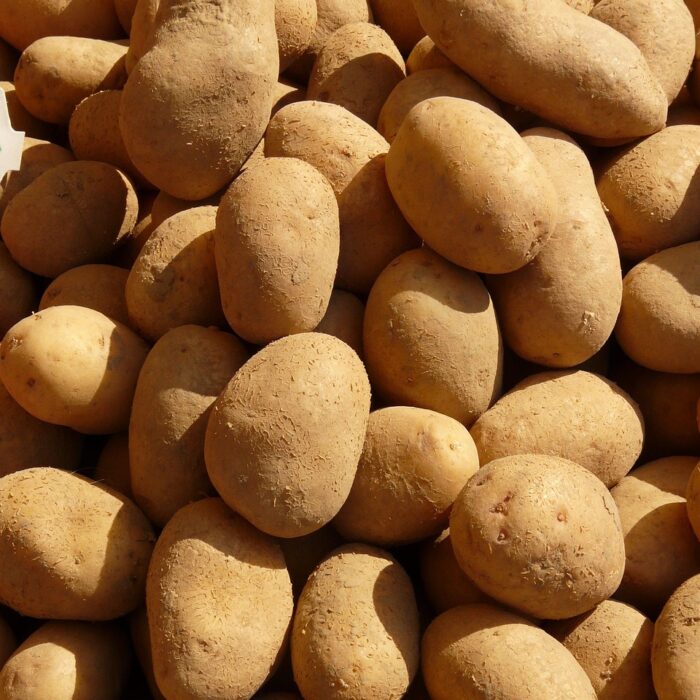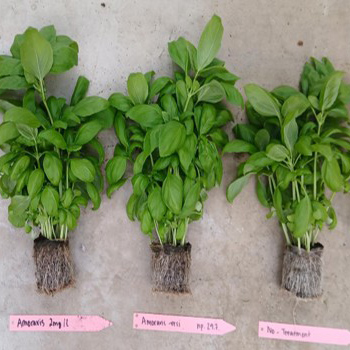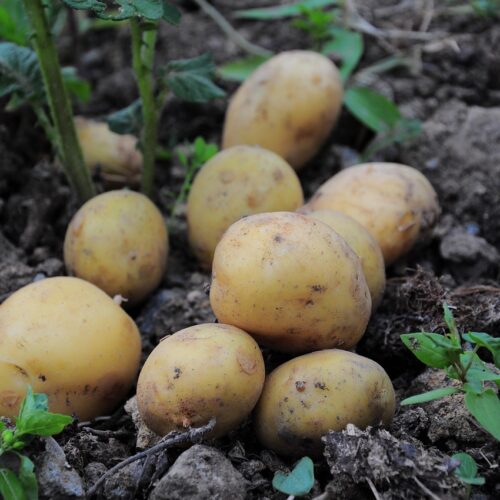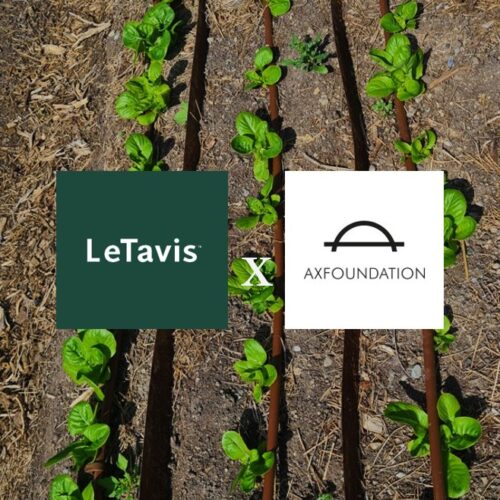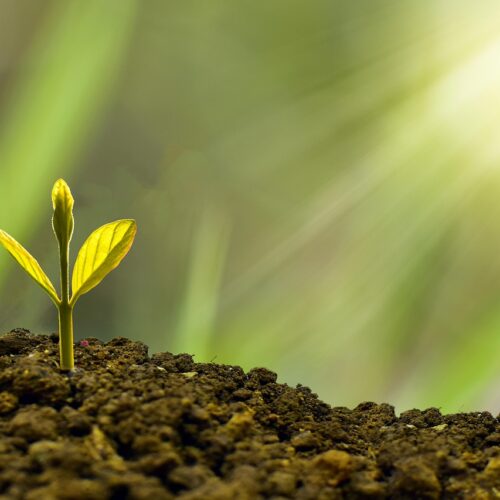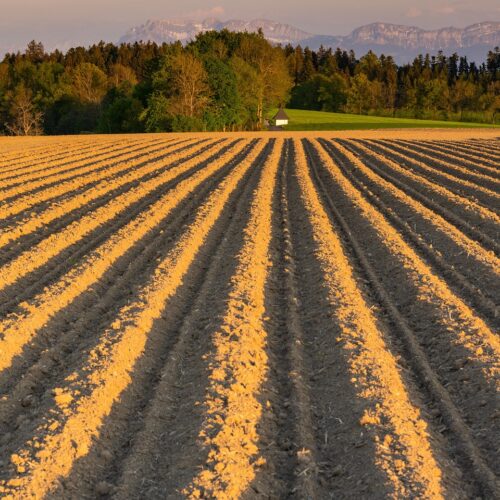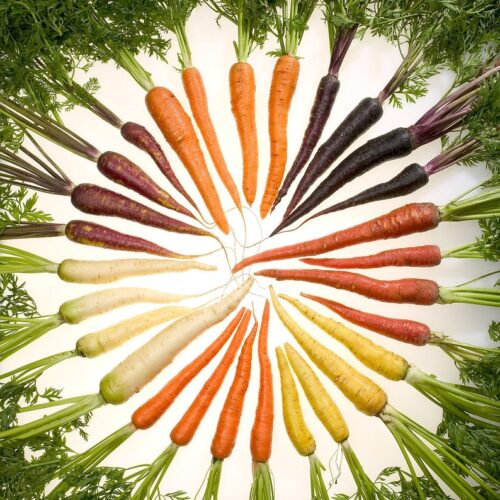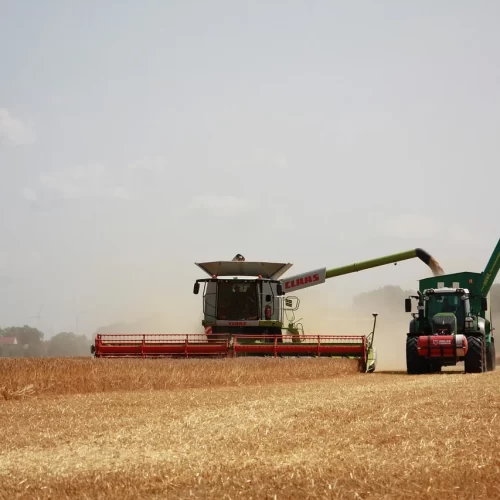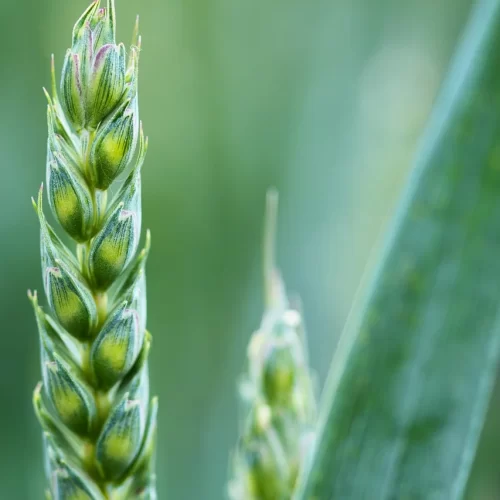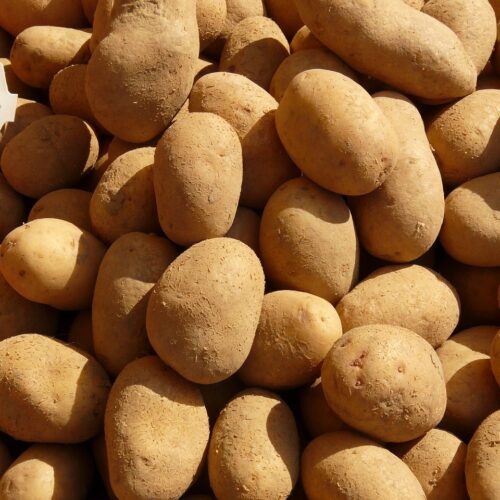POTATOES IN SWEDEN
The Place of Potatoes on Swedish Dinner Tables – and the Challenges for Future Farmers
Potatoes have a natural place on Swedish dinner tables. Nearly 98 percent of Swedish households eat potatoes regularly, according to the latest Potato Report from Svensk Potatis. However, behind these stable consumption figures lies another reality—one where Swedish potato farmers struggle with rising costs, climate uncertainty, and the challenge of engaging young people to take over their aging parents’ farms.
The Role of Potatoes in Times of Crisis
As food prices rise, potatoes are becoming an increasingly important staple. They are affordable, nutritious, and filling, making them a budget-friendly everyday hero in Swedish households. Eighteen percent of Swedes say they plan to eat more potatoes in the future, and interest in new varieties and cooking methods is growing.
“Potatoes have saved Sweden during past crises, and they have the potential to do so again. But for us to continue growing and producing potatoes in Sweden, we must ensure the long-term profitability of farming,” says Anna Karin Hamilton, CEO of Svensk Potatis.
Challenges for Farmers – Shrinking Margins and Climate Uncertainty
Despite being one of Sweden’s most popular food staples, growing potatoes is not always profitable. Farmers face major challenges such as high production costs, extreme weather, and an uncertain market.
- Rising costs for fuel, fertilizers, and labor reduce profitability.
- Climate change leads to unpredictable weather conditions, which can destroy crops.
- Reduced profitability makes it difficult to invest in new technology and sustainable solutions.
“It’s a tough industry. We need to adapt to drier summers and more intense rainy seasons while our margins keep shrinking. We love growing potatoes, but the economics must add up,” says a Swedish potato farmer who participated in the Potato Report.
Can Young People Save the Future of Potato Farming?
Another challenge is that economic uncertainty in farming may discourage young people from taking over their parents’ farms. Potato farming requires knowledge, investment, and long-term commitment, but interest in becoming a farmer is declining.
- The average age of Swedish farmers is over 60 years.
- Economic uncertainty may lead to decreased interest in the profession.
- Technological advancements and sustainable solutions could be key to attracting more young people to farming.
LRF Ungdomen is an organization for young people aged 16–36 who are interested in agriculture and forestry. They work to promote personal and professional development, networking, and knowledge-sharing among future farmers. Creating platforms for collaboration and specifically targeting young people is seen as an important step in securing the future of Swedish agriculture and strengthening farmers’ positions in the value chain.
Innovation and Sustainability – A Way Forward for Potato Farming
To secure the future of Swedish potato farming, Letavis sees a great need for innovation and sustainable solutions that are accessible to farmers of all scales. That’s why we are launching our biostimulant to farmers with a unique payment model—pricing is value-based, and payment is voluntary.
Potatoes have a strong future on Swedish dinner tables, but efforts are needed to ensure that Swedish farmers can continue delivering high-quality potatoes in the years to come. Higher profitability, innovation, and increased engagement from young people are key factors in achieving this.
